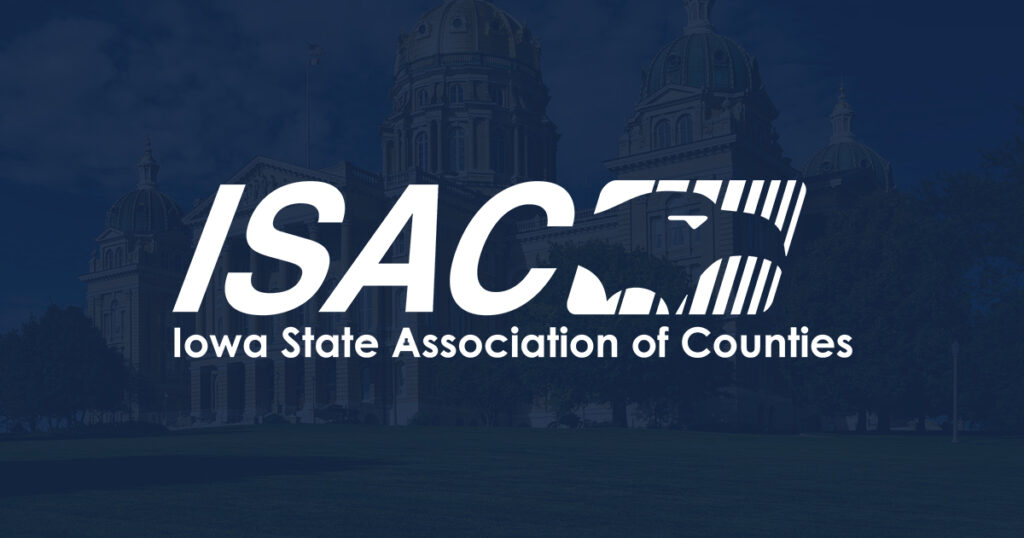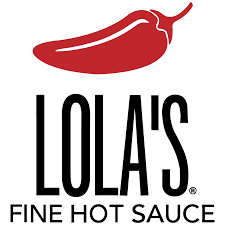Nonprofit leaders discuss their role in racial inequity conversation

Leaders of Des Moines’ nonprofit community spoke Tuesday about the challenges they face in addressing issues of racial equity, outlining work and discussions they have been having as the issue of racial equity and the coronavirus pandemic converged.
Sally Dix, executive director of Bravo of Greater Des Moines, Kristi Knous, president of the Community Foundation of Greater Des Moines, and Elisabeth Buck, president of the United Way of Central Iowa, participated in a virtual forum hosted by the Greater Des Moines Partnership to explore how they are moving forward and focusing on recovering from the pandemic and returning to work.
The discussion turned to the topic of the disproportionate economic and health effects the pandemic is having on low-income and Black communities. A participant asked the panelists what their role is in “uplifting the Black community in Des Moines.”
Buck said the United Way’s mission is to unite the community around complex issues, and the organization “leads the fight for the health, education and financial stability of all Central Iowans.”
“We have over the past three to four years been doing some really great work to own the equity gaps we have in our community and really focus our energies around reducing those gaps,” Buck said. “We’ve been doing it on a number of fronts.”
One of those is increasing diversity among United Way staff, with 22% of its staff today being “diverse,” Buck said. “That’s been a huge gain in the past couple of years because we know that diversity is going to help us make better decisions and help us as we interface in the community.”
The convergence of COVID-19 and the issue of equity gaps has caused the organization to accelerate its timeline for its goals, which were to be released next spring.
“But because of so many seismic changes that are happening, we really felt the need to accelerate our timeline, so we will be announcing our goals, which will focus around equitable recovery for our community,” Buck said.
She also said United Way of Central Iowa will be launching in the next couple of months a 21-day equity challenge “for Central Iowans to engage in some personal learning and growth.”
Knous, of the Community Foundation, said the issues facing the nonprofit sector today “are so big.”
“I think our whole community is feeling that, and especially when you see yourself in a leadership role as an organization, to get your arms around what the nonprofit sector is facing, both with COVID and the economic downturn,” she said. “And then you add the racial divide and that conversation that’s happening, we’re still just getting our arms how we can best lead through this, with and for the community.”
Knous said many conversations are being held behind the scenes about how to help bring people together and best serve their needs.
“[The] desire to align and lift up and work together is certainly there; we’re just kind of figuring it out all together,” she said.
Knous also cited the social capital element of Capital Crossroads, as well as developing equity tools and forming equity feedback groups to include diverse voices in community discussions.
“Our board is very open to considering how we can lead through this, but at the same time, we want to lead with and in partnership with — and not necessarily on behalf of or for — the community,” Knous said.
Dix said her group has the benefit of supporting the arts and cultural sectors because “arts and culture are uniquely positioned at this time because there are no boundaries to arts and culture, and [they bring] … people together in such special ways.”
Dix said there is opportunity for the sector to be a unifying force in the conversations around equity in our community.
“We’re trying to balance immediate action with learning and reflection,” she said. “We’re trying to put boots on the ground and be impactful where we can, and leverage the tools and resources we have right now, and be thoughtful of the long-term play, that it isn’t just a moment in time, that it’s something we’re committed to and focused on for the long term.”
Dix said Bravo has ramped up its work on arts and social impact.
“We’re accelerating our work in the intersectionality of the arts and everything, so how can we make sure people understand the role arts can play in these conversations?” Dix said. “We have two pilot projects we’re running this fall that will be really exciting and stepping into that space, and hopefully highlighting the opportunity for arts and culture to amplify these conversations.”
According to Dix, Bravo is “digging deep” into its grant-making because data shows funding to organizations led by people of color isn’t where it should be, a problem she said is seen nationwide.
As Bravo revamps its organization in response to the coronavirus pandemic, “we have opportunities to advance equity through grant-making,” Dix said. “So we’re actively working on what that could look like and how we integrate that into our programs.”
Bravo is also continuing forward with a cultural equity plan outlined in its strategic goals developed two years ago.
“We’re also trying to balance that and … trying to be conscious of our own biases and how we can work together,” she said.
As the nonprofit leaders discussed the challenges their groups face with the pandemic and its intersection with the racial equity issue, they emphasized the importance of giving their teams time to process what they are experiencing.
“It’s so important because we are working so hard on behalf of those we serve, but it’s also important to take care of each other and ourselves,” Knous said. “It’s such an important reminder as we’re dealing with such heavy, heavy topics.”









